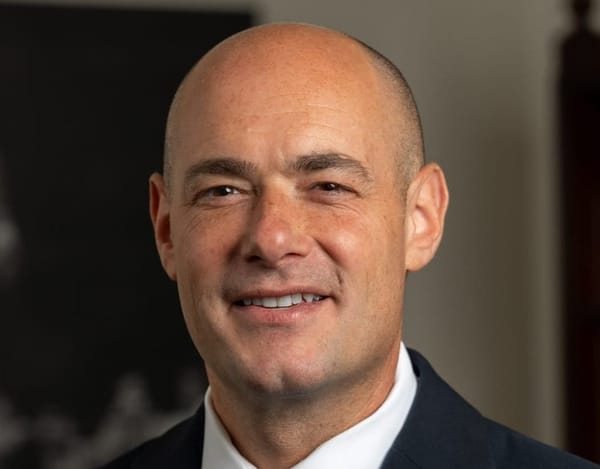Broadband Roundup: LAUNCHES Act, First Responder Networks, $2.7 Million for Spectrum Sharing Tech
Reps. Darren Soto, D-Fla., and Bill Flores, R-Texas, introduced the bipartisan Leveraging American Understanding of Next-generation Challenges Exploring Space (LAUNCHES) Act on Tuesday. The bill would eliminate barriers that keep private companies from obtain spectrum licenses required to launch roc
David Jelke

Reps. Darren Soto, D-Fla., and Bill Flores, R-Texas, introduced the bipartisan Leveraging American Understanding of Next-generation Challenges Exploring Space (LAUNCHES) Act on Tuesday. The bill would eliminate barriers that keep private companies from obtain spectrum licenses required to launch rockets from U.S. soil into space.
The bill’s introduction comes ahead of a launch by SpaceX on Wednesday, at which Soto and Flores said they would be in attendance.
“Space exploration has long been an integral part of our national goal to advance humanity, science and innovation,” said Soto. “Regulations and restrictions have been imposed in the rocket launching process [and] only delay those who seek to make progress on this frontier. It’s past time we modernize the launch process in a way that’s beneficial to both the federal government and private companies.”
“For the first time since 2011 we will be launching U.S. astronauts on U.S. spacecraft from American Soil,” said Flores. “We are in the midst of a new era in space flight history marked by unprecedented cooperation between the federal government and U.S.-based private companies.”
FCC AND CISA urge governors to keep states’ workers connected
Federal Communications Commission Chairman Ajit Pai and the Cybersecurity and Infrastructure Security Agency Director Christopher Krebs on Wednesday sent a letter to the nation’s governors encouraging them to provide necessary access and resources to the communications workers helping to keep Americans connected during the COVID-19 pandemic.
“Communications networks are a lifeline during this challenging time, enabling the public to call 911 and participate in telehealth, distance learning, and telework,” Pai said. “To continue meeting these needs during the pandemic, workers in the communications industry must have the necessary access and resources.”
“We urge state leaders, who are playing a critical role in protecting their communities, to consider the recommendations we are making today to ensure that communications networks and services remain available to the public and first responders,” Pai continued.
US Ignite partners with DOD to develop spectrum sharing tech
The Platforms for Advanced Wireless Research Project Office, led by US Ignite and Northeastern University, announced $2.7 million in new funding awarded by the U.S. Department of Defense for development work on advanced spectrum sharing technologies.
The PAWR program, which is funded by the National Science Foundation and a consortium of 35 industry partners, will use the funding to perform tests on a live 5G-NR network at the POWDER wireless testbed site in Salt Lake City, Utah.
These tests will demonstrate how two mobile operators can occupy spectrum in the same CBRS channel autonomously with the help of a decision engine designed to coordinate spectrum usage at a highly granular level.
“When we started the PAWR program to develop and deploy four city-scale wireless testbeds across the country, it was with the intention of creating shared infrastructure to enable new research into advanced communications network technologies,” said Joe Kochan, Principal Investigator and Project Director for the PAWR Project Office.
“We’re gratified to be able to support the DOD’s mission today to further network performance with greater spectrum sharing capabilities in the transition to 5G and beyond.”








Member discussion